2022 AFIMA Leaders Program Short-term Study Abroad Debriefing Session. & 2023 AFIMA Leaders Program Short-term Study Abroad Information Session.
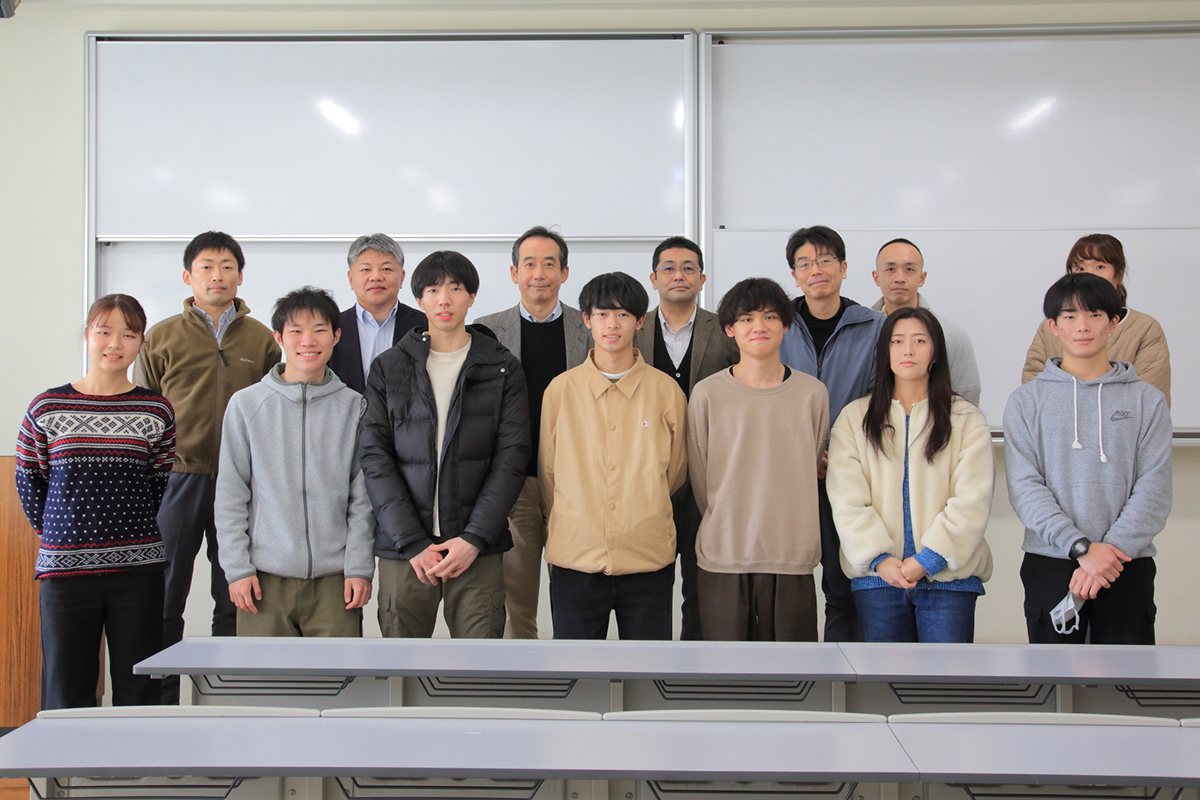
In the summer of 2022, three students from Nagasaki University participated in the AFIMA Leaders Program for a short period of time. Each of them reported on the results of their studies at University Malaysian Terengganu and Pukyong National University.
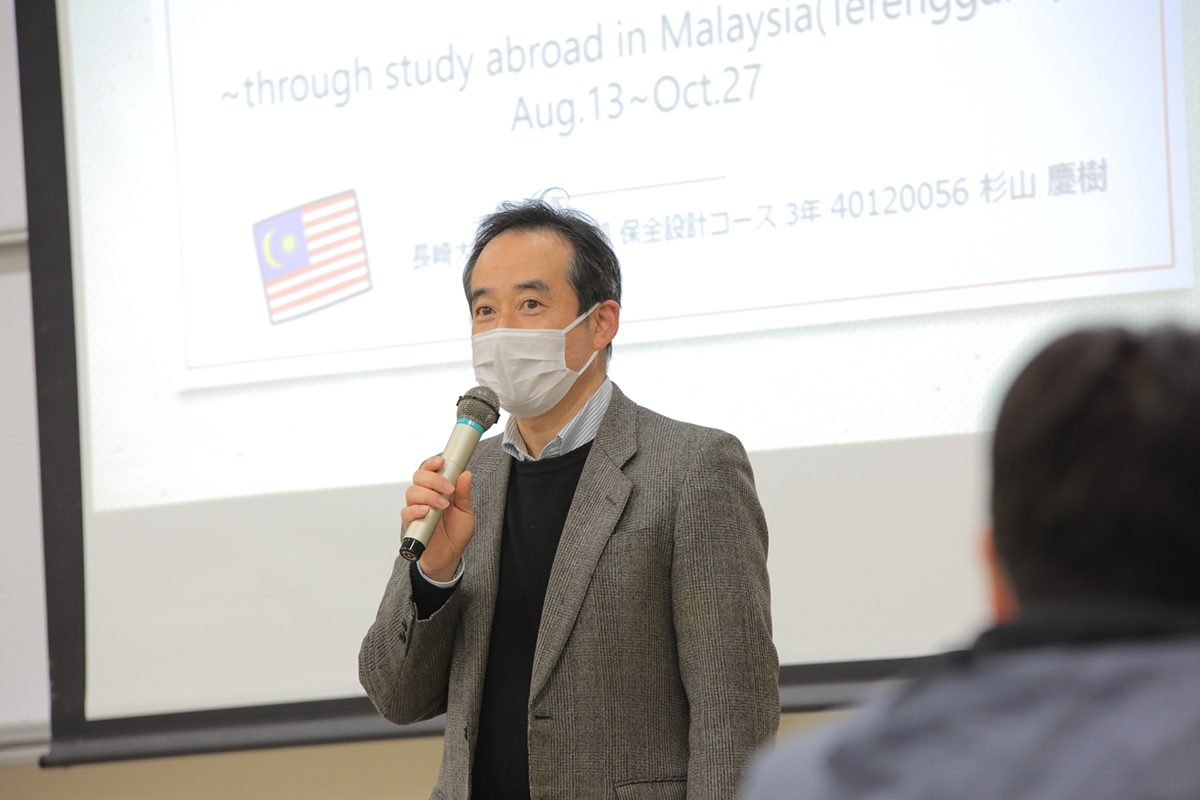
Greetings from Dr. Takeda.
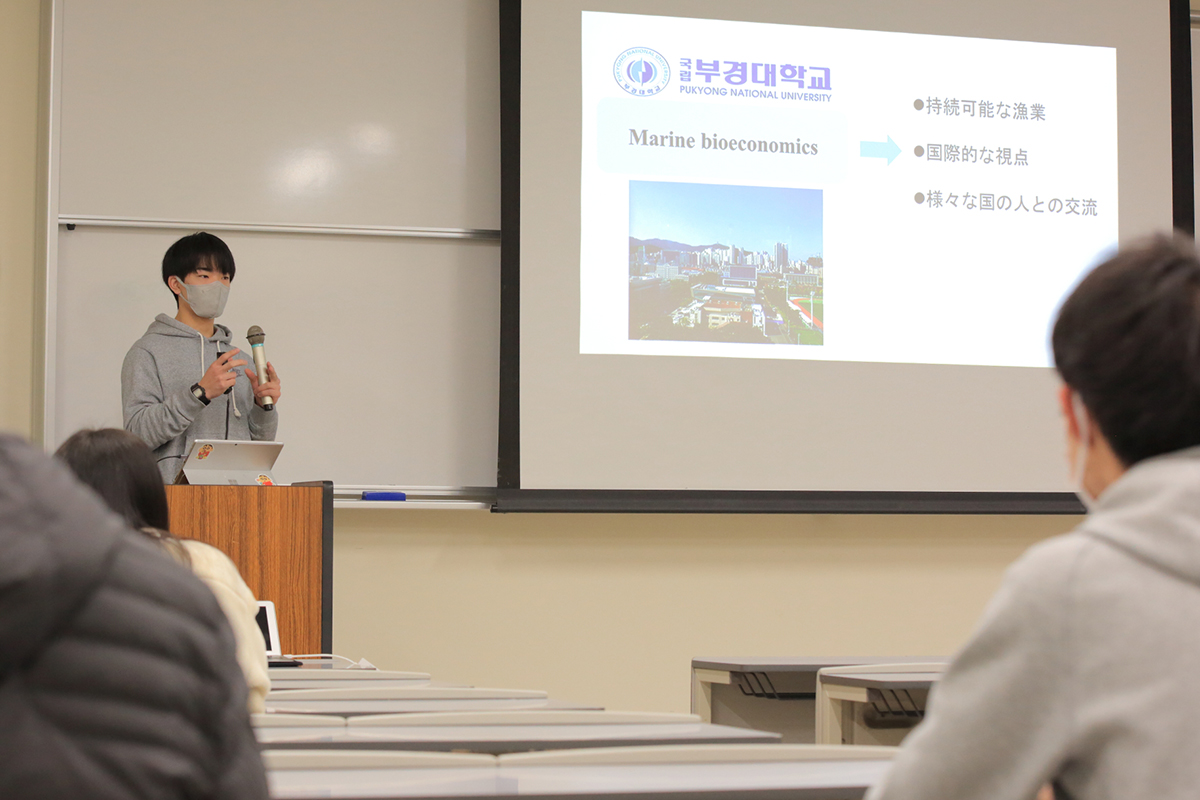
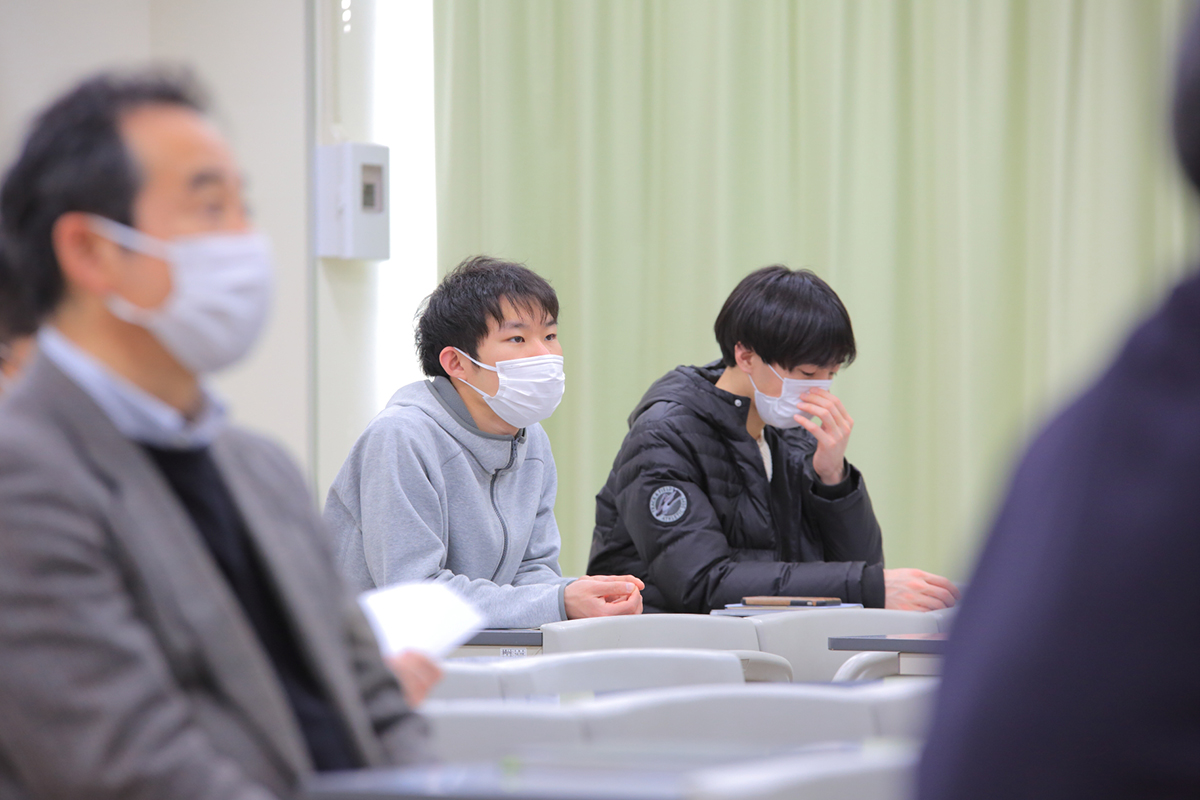
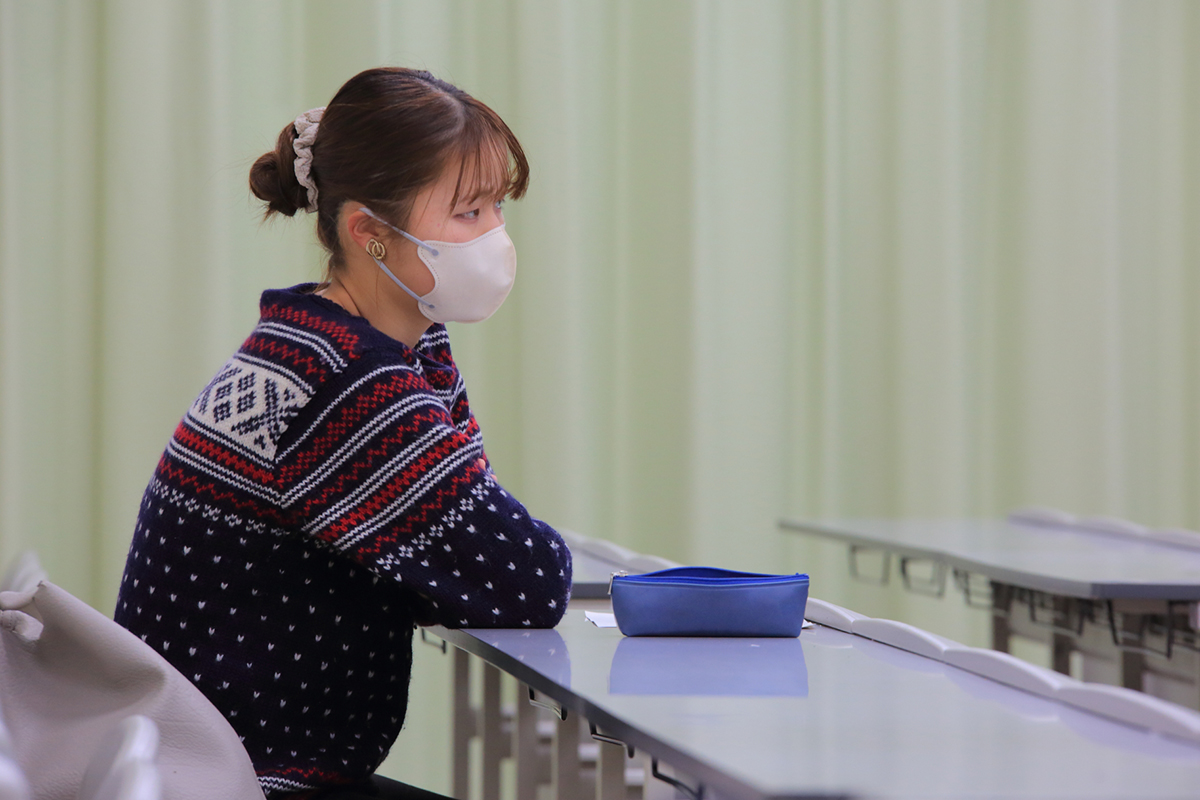
Prospective students who participated in the debriefing session.
Yoshiki Sugiyama
Nagasaki University, Faculty of Environmental Science, Environmental Conservation Design Course 3rd year.
Studied abroad at University Malaysian Terengganu for about two and a half months.
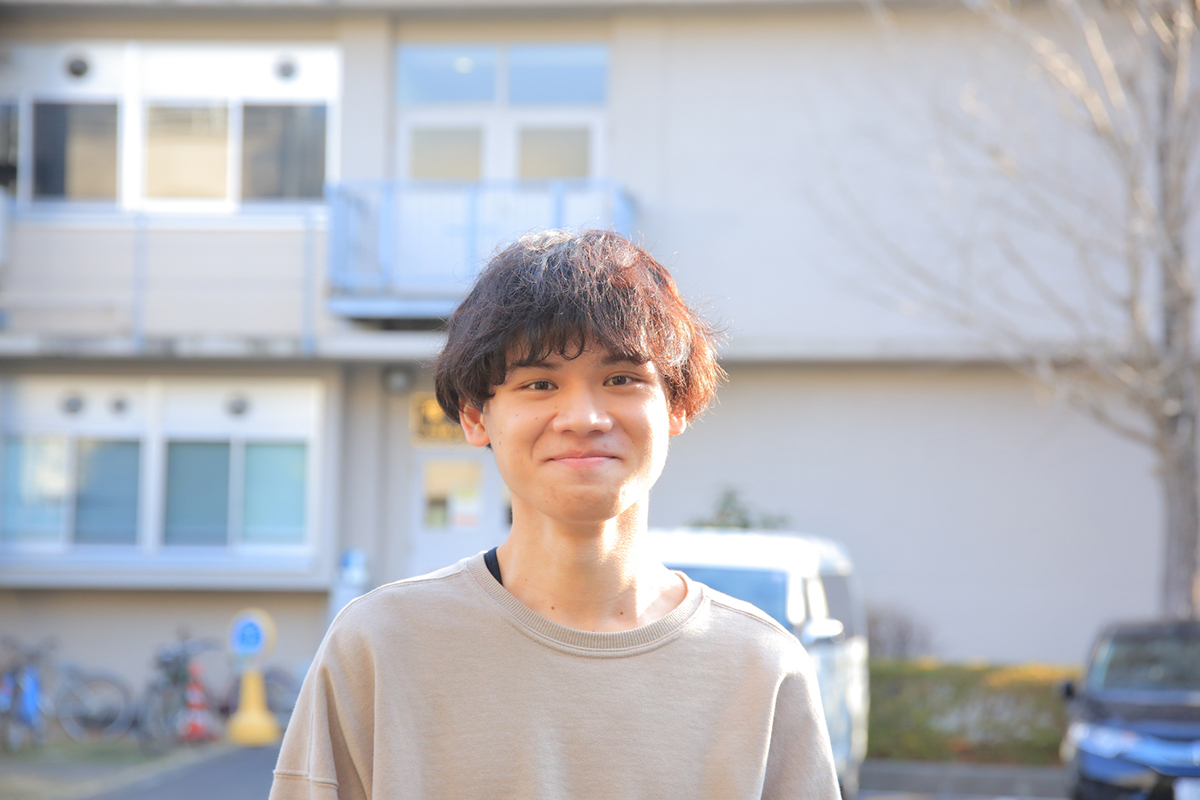
I was able to actively engage in various experiments.
When I was a child, I had two homestay experiences in the United States, and I was very interested in different cultures. University Malaysian Terengganu, where I studied abroad, was quite large, and there were not only cats but also large lizards and monkeys on the premises. I also have fond memories of observing the wildlife that lives in the area. All classes were taught in English, and my skills improved. The program that left an impression on me was an experiment in which samples were taken in the seas and rivers of Malaysia and microbes were observed and identified using a microscope. It is also a great growth that we are now able to face various experiments (research) positively and proactively. I would like to make use of this experience and aim to join the Ministry of Agriculture, Forestry and Fisheries in the future.
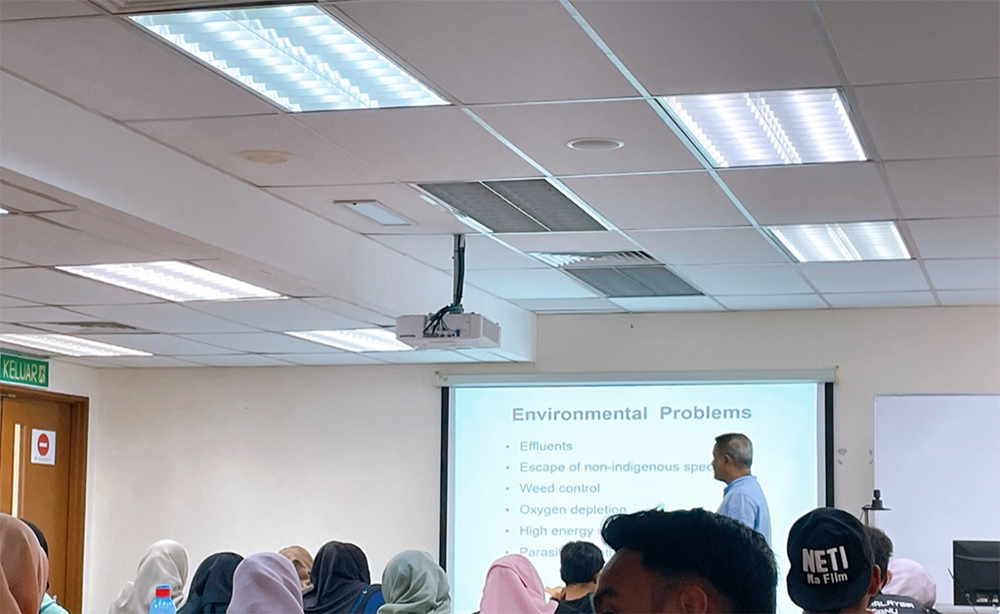
Class scene.
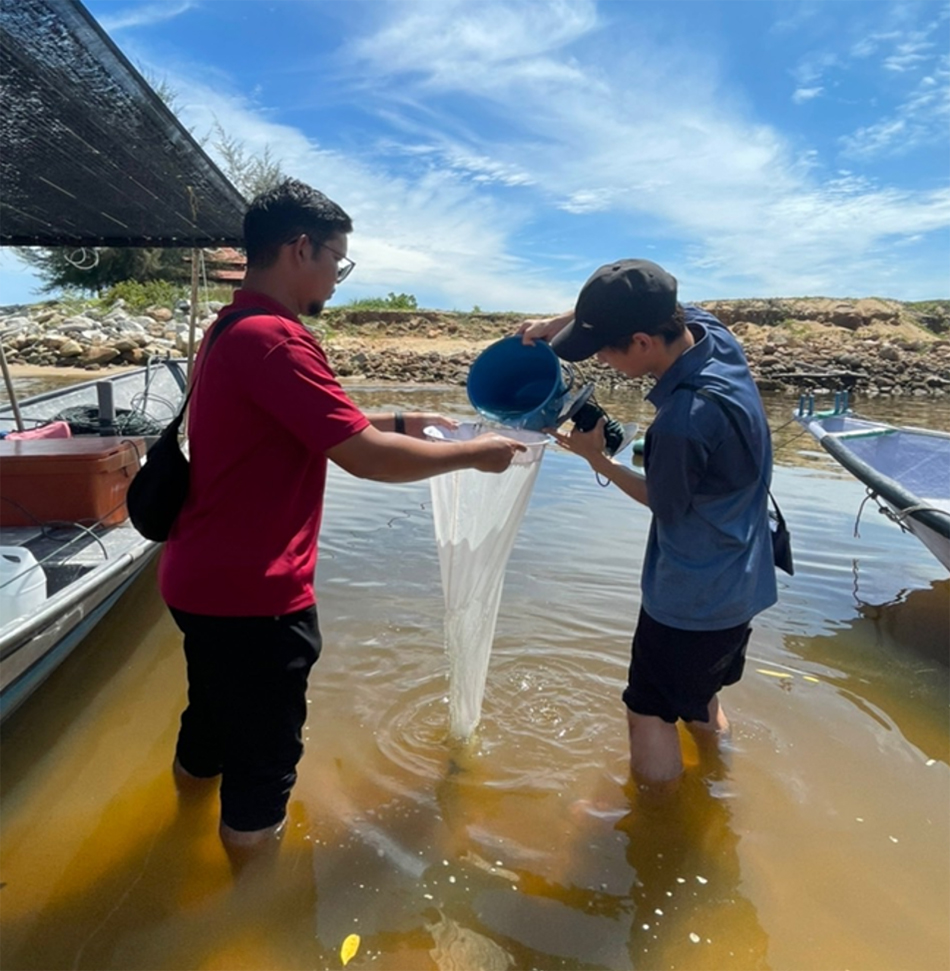
Sampling is carried out at two locations.
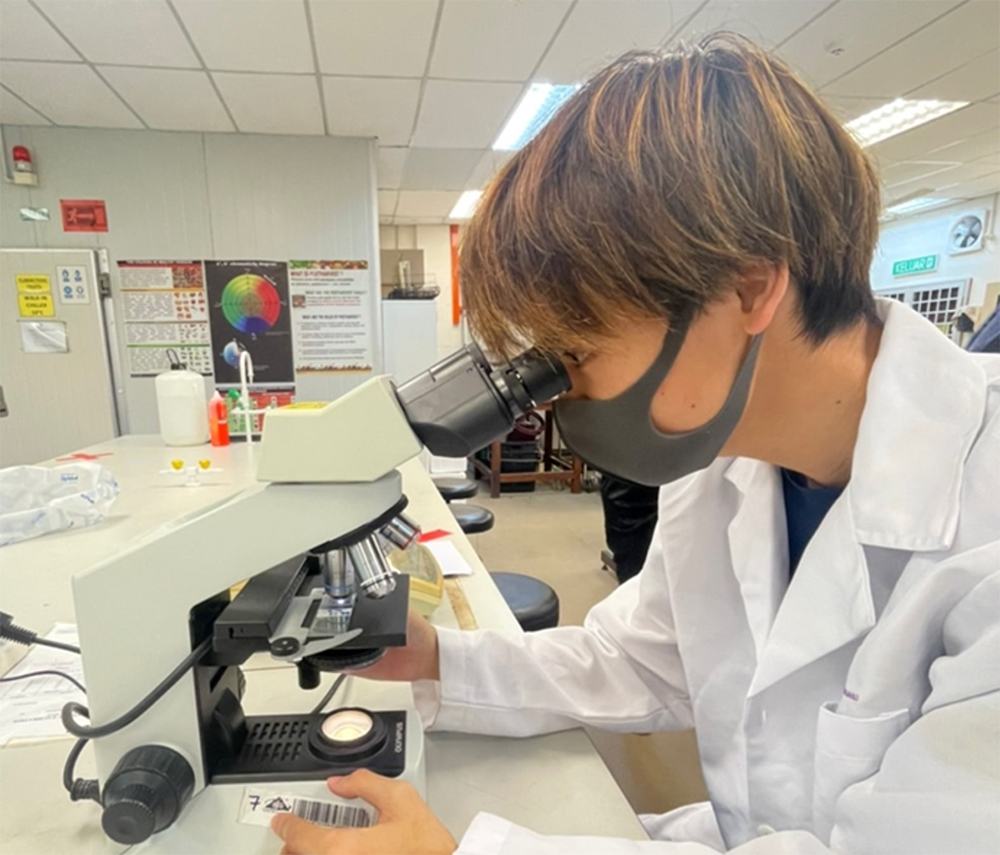
Scene of the experiment.
Yukino Baba
Nagasaki University, Faculty of Environmental Science, Environmental Conservation Design Course 3rd year.
Studied abroad at Pukyong National University for about 3 months.
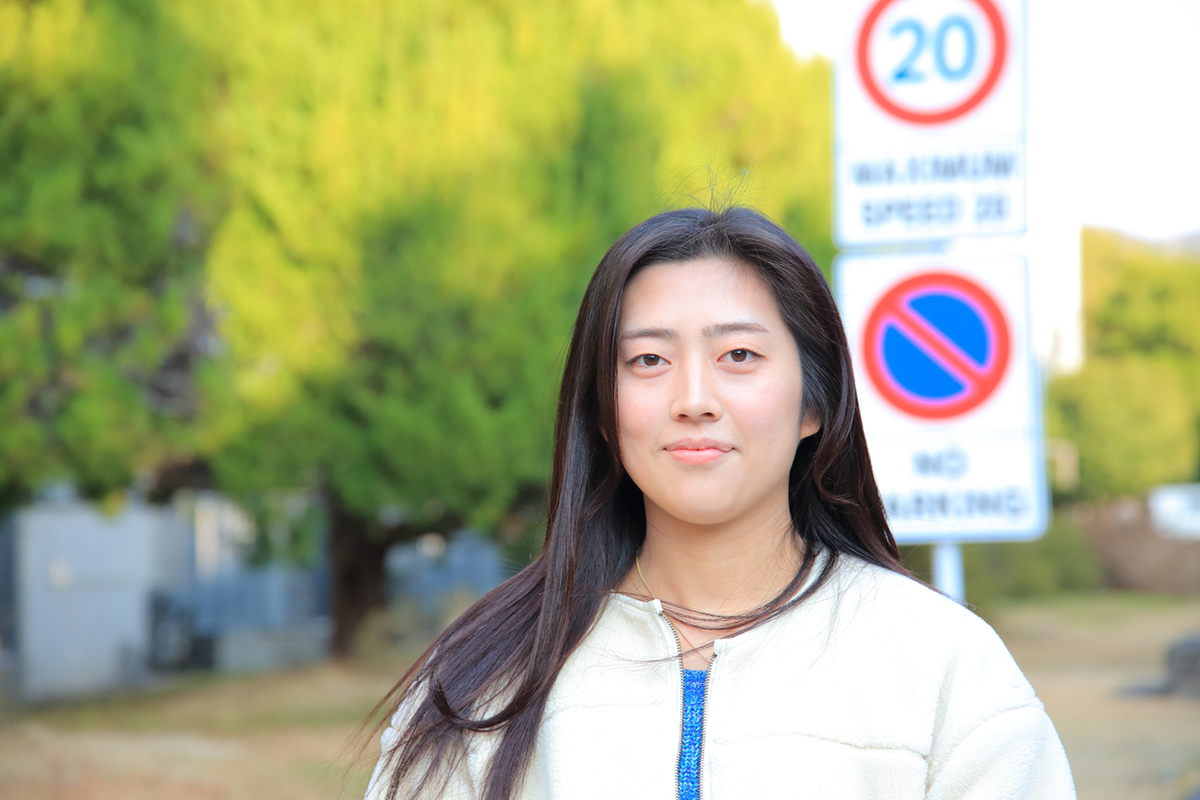
One week of life on board is a precious time to deepen exchanges.
Marine problems are one of the fields I studied in the Faculty of Environmental Sciences, and I wanted to know what kind of problems overseas universities perceive them as and the perspective of solutions. At the study abroad destination, three programs were held: a class on marine economics, a practical training on boarding, and participation in seminars. In particular, during the on-board training, I spent about one week on the ship. After arriving in Mokpo, our destination, we spent time going to aquariums and gardens and eating local seafood dishes. It was quite different from the boarding training I had imagined, and I feel that it was a valuable place to deepen exchanges between students more than learning something.
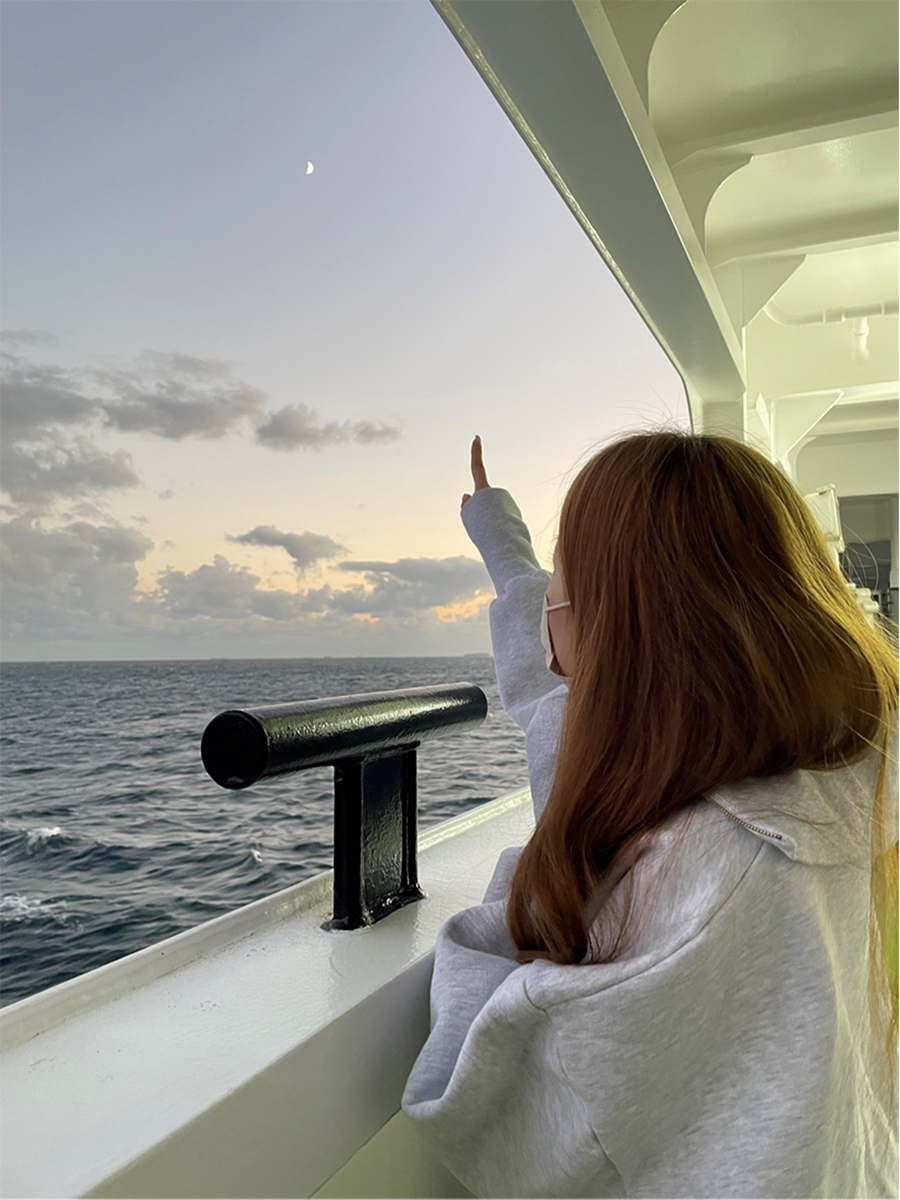
A beautiful moon found during boarding training.
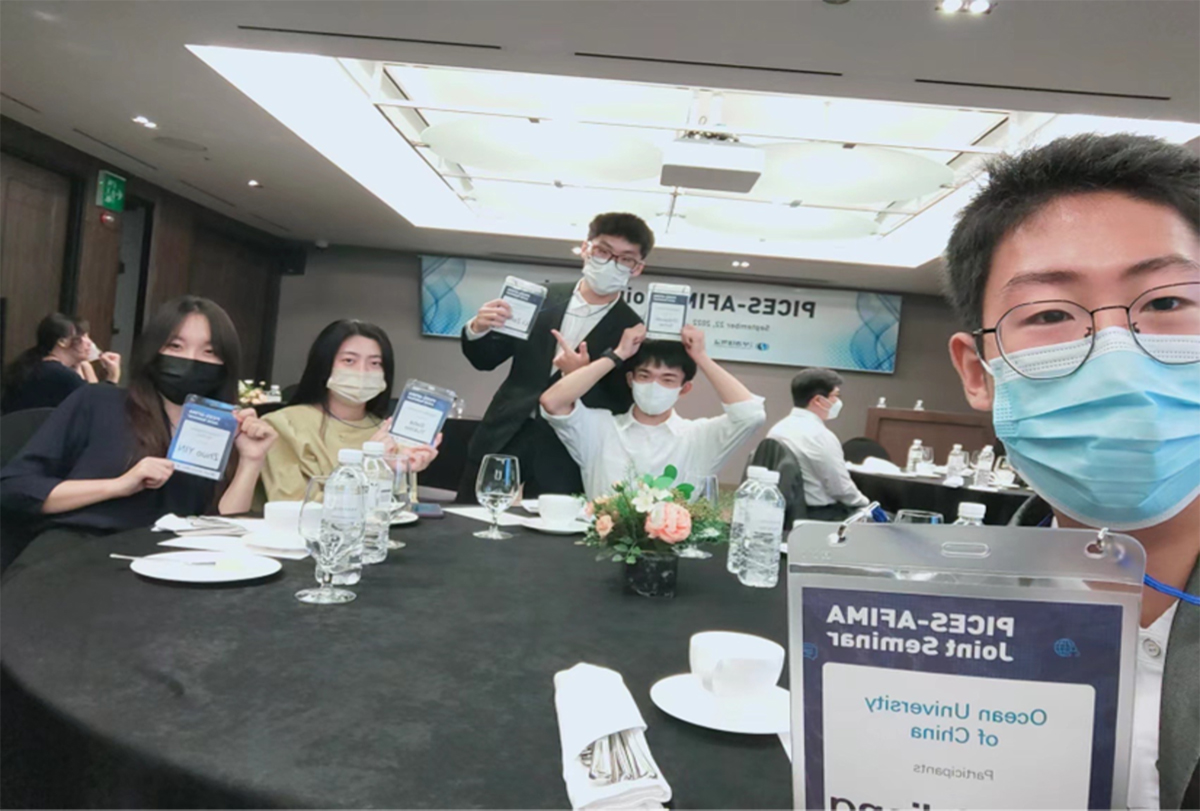
With everyone at the seminar.
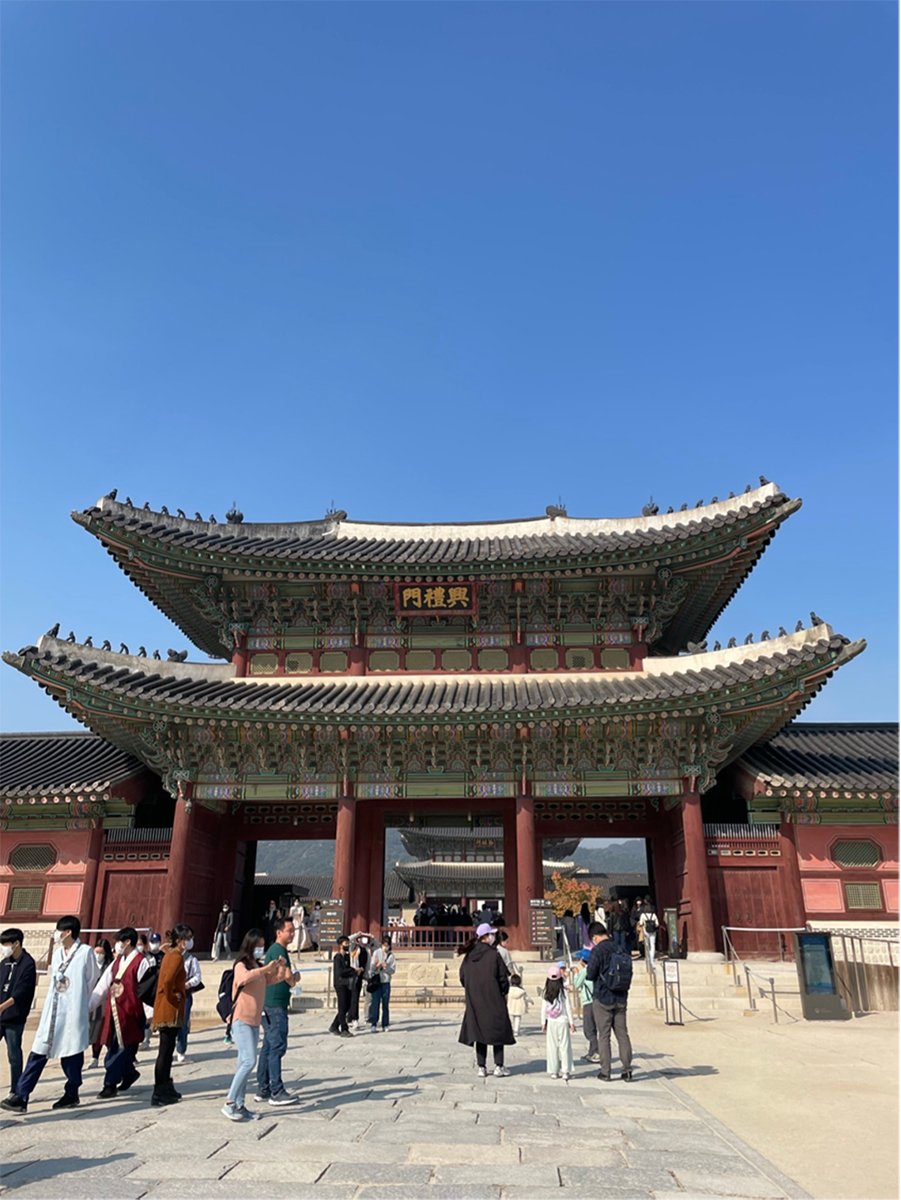
I also enjoyed sightseeing in Seoul.
Sohei Shibasaki
Nagasaki University, Faculty of Fisheries, 1st year.
Studied abroad at Pukyong National University for about 3 months.
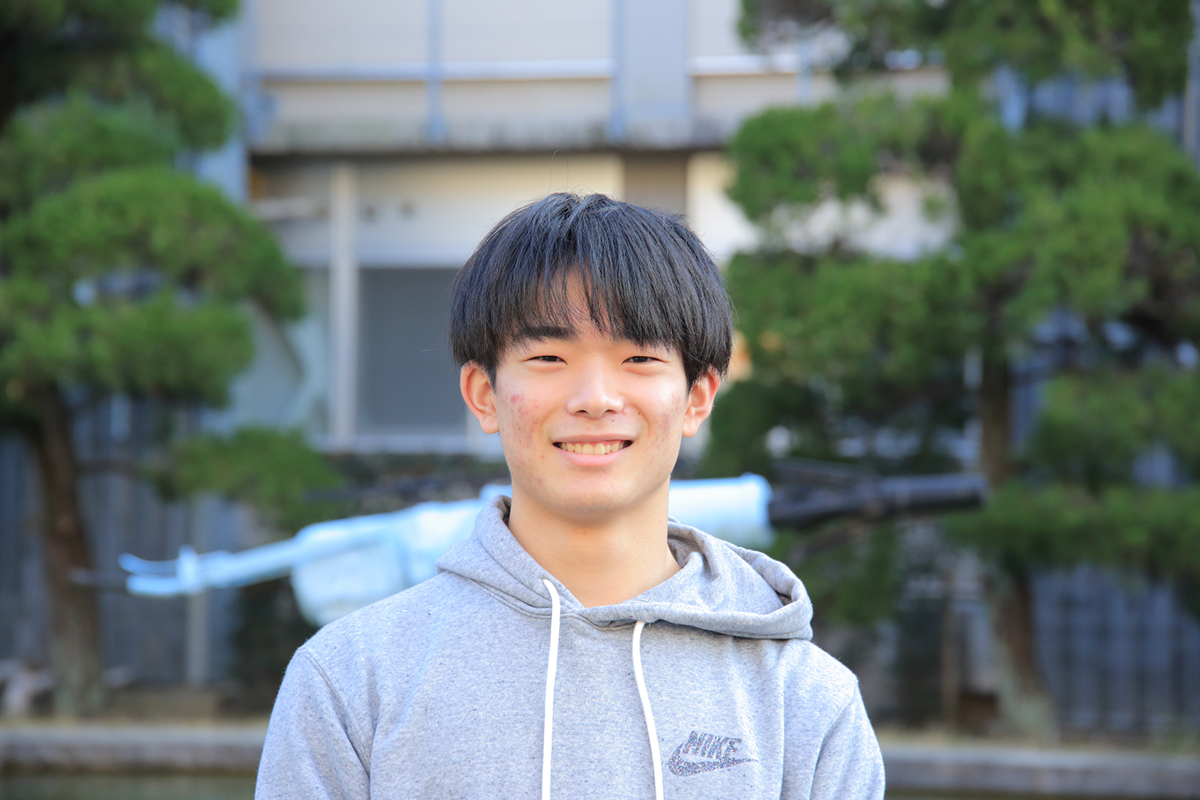
I want to tackle maritime issues, which have become a problem between countries.
I joined because I knew I could study fisheries bioeconomics. This program allowed me to learn and experience sustainable fisheries, international perspectives, and exchanges with people from various countries. In particular, in the class where we investigated and presented the initiatives related to fisheries management in each country as a team assignment, I was able to learn about the management methods and management methods of Korea, China, and the United States, which was a great learning experience. I was also surprised that there are differences in water problems in Korea, such as toilet paper cannot be flushed into the water. I would like to further improve my presentation and discussion skills cultivated through team assignments, and get a job where I can tackle maritime issues, which are issues between countries.
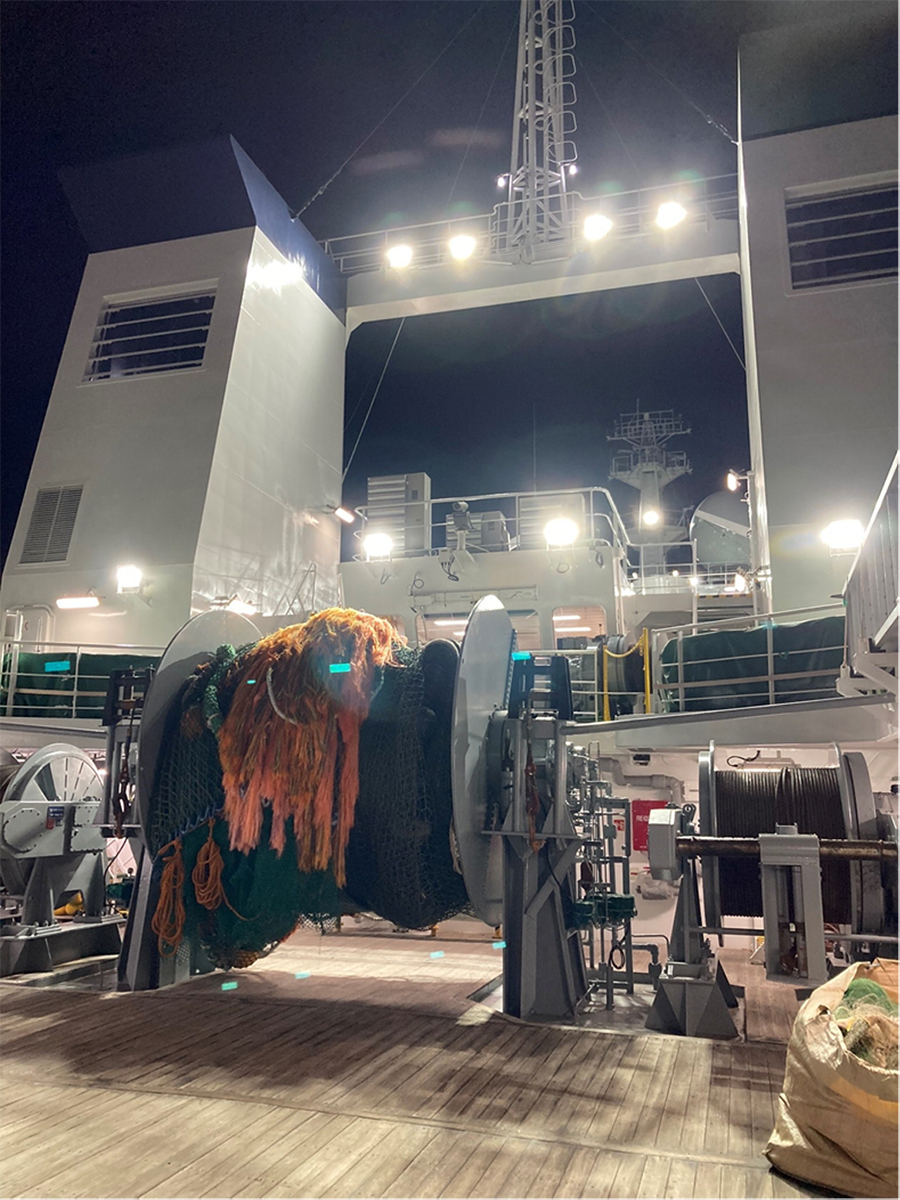
At the boarding practice.
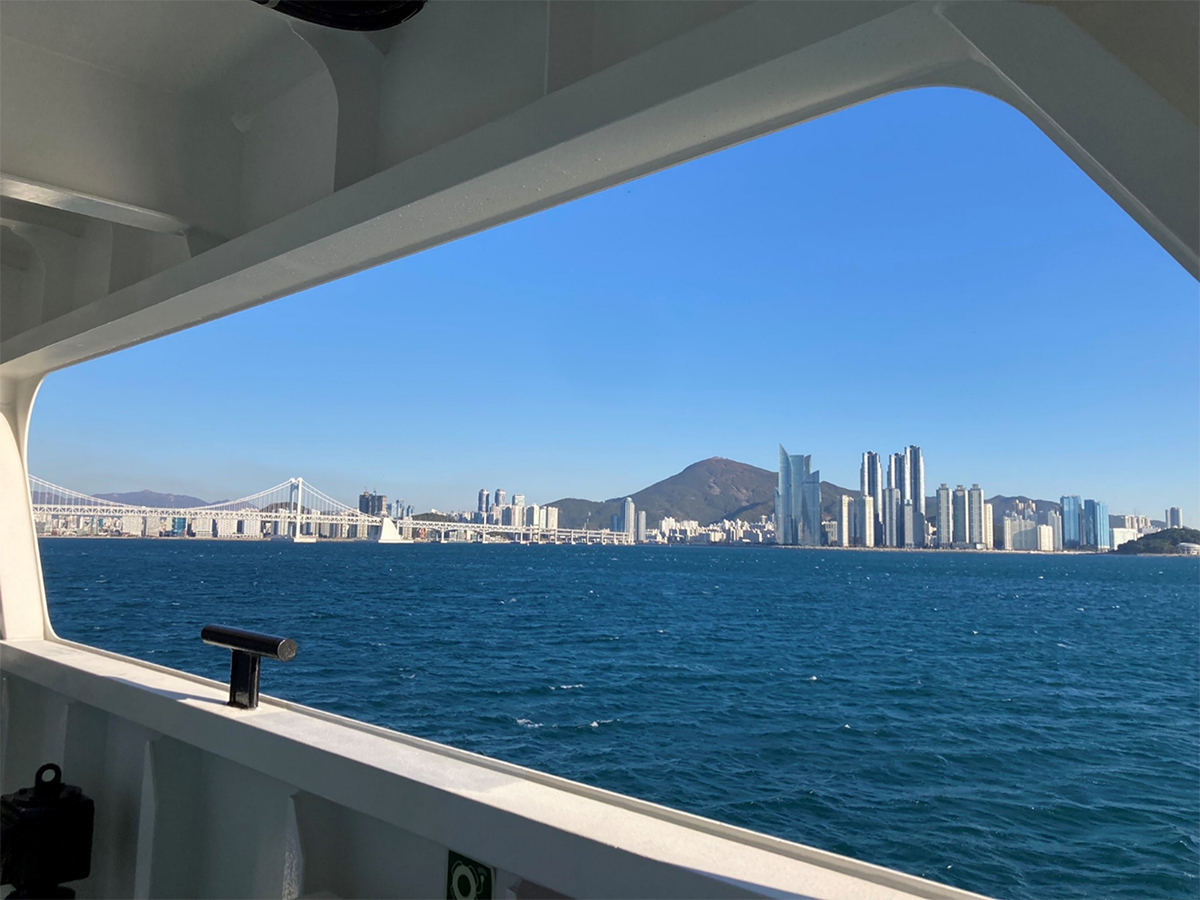
Scenery of Korea seen from the boat.
